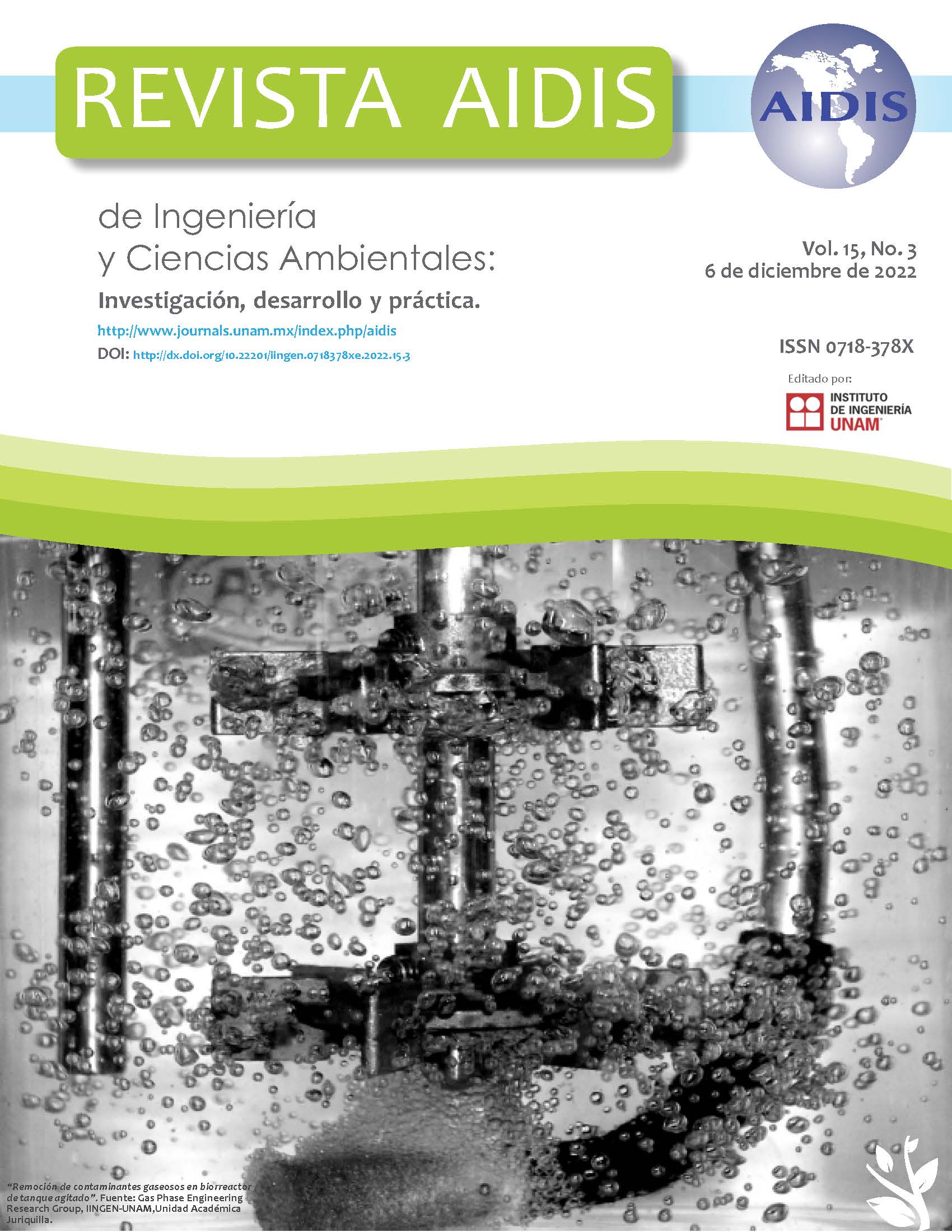APPLICATION OF ARTIFICIAL NEURAL NETWORKS IN THE PREDICTION OF COMPRESSION STRENGTH OF CONCRETE PRODUCED WITH RECYCLED AGGREGATES
Main Article Content
Abstract
Due to the growth of civil construction, an increase in the levels of generation of construction waste was observed, which caused significant environmental impacts. Thus, the use of recycled aggregates that present valid technical aspects have been highlighted for being considered a sustainable means for the conservation of natural resources. However, since it involves aggregates with characteristics different from the natural, it is necessary to adapt the models to predict the concrete strength. In this sense, the use of Artificial Neural Networks (ANNs), which are mathematical models capable of recognizing patterns through numerical training, is a valuable alternative. Nevertheless, due to the variability of materials, the challenge of obtaining satisfactory results with a reduced database is imposed. Therefore, to achieve this aim, it was necessary to survey a plural database with recycled concrete from different papers to drive the neural network to the desired degree of generalization. Finally, an ANN architecture capable of predicting the final strength of concrete with acceptable accuracy was proposed. The results obtained were promising, so that the proposed architecture, trained with the selected database, presented results with an average deviation of approximately 3 MPa for the set of validation samples.
Article Details
Citas en Dimensions Service

This work is licensed under a Creative Commons Attribution-NonCommercial-NoDerivatives 4.0 International License.
